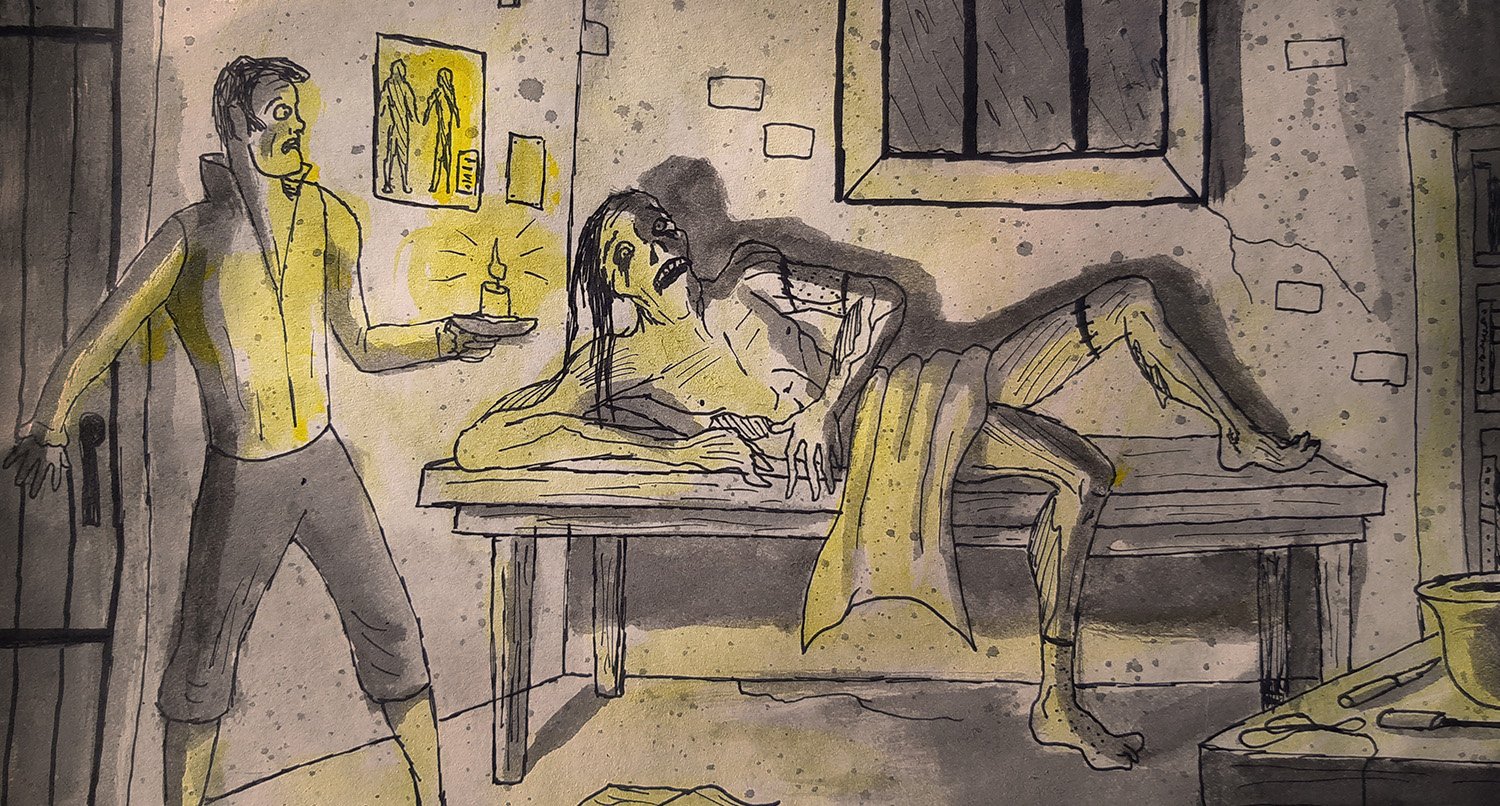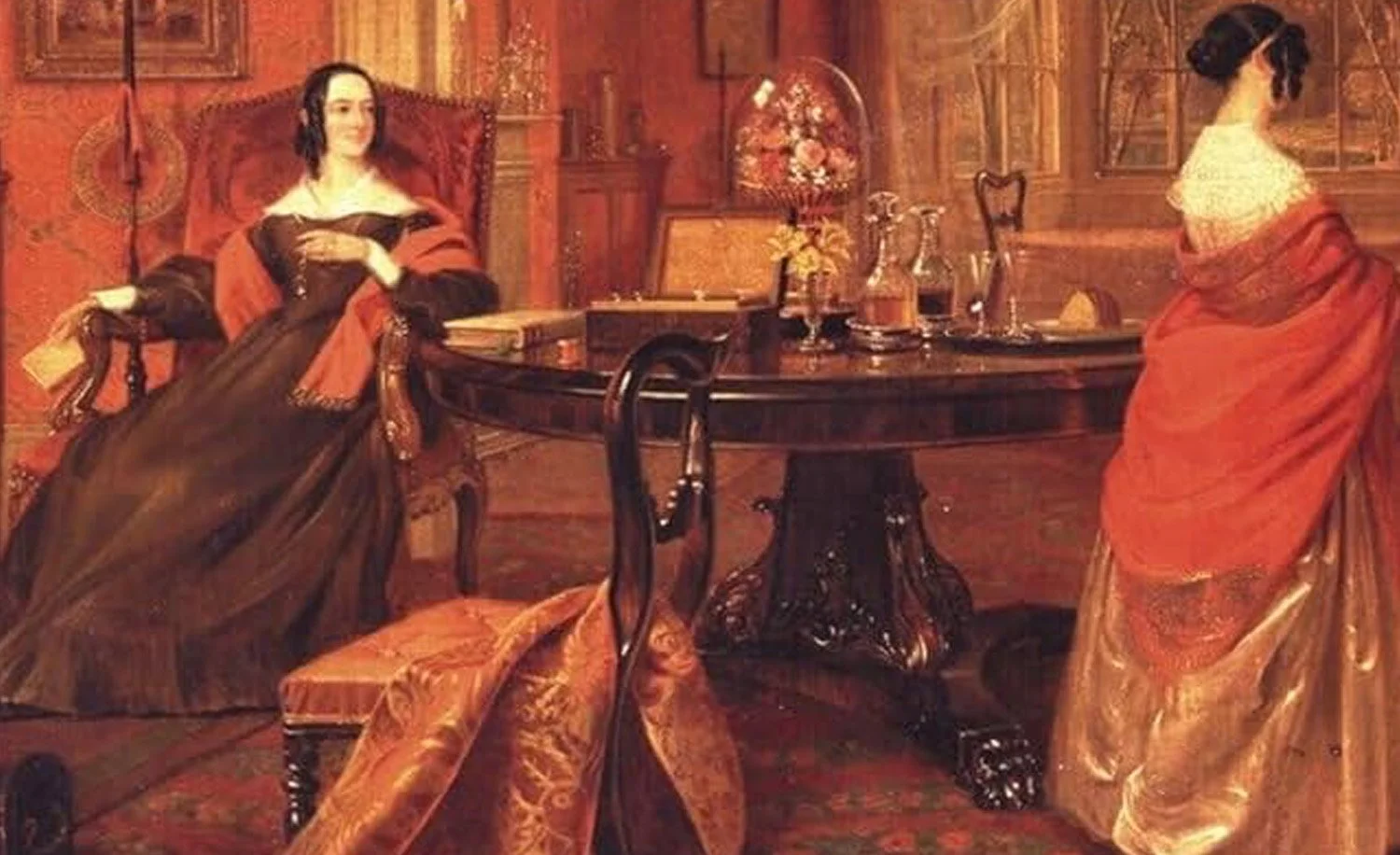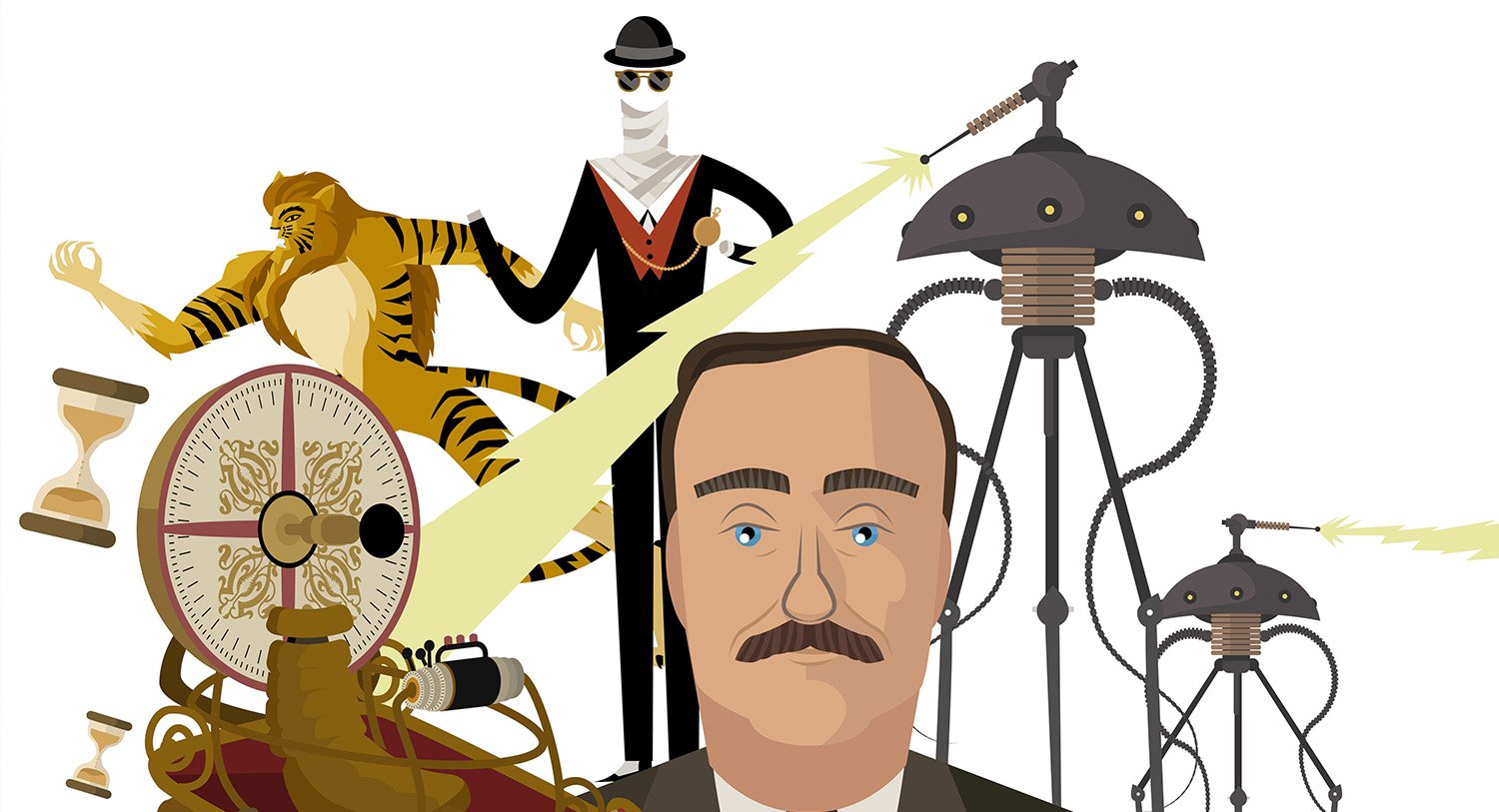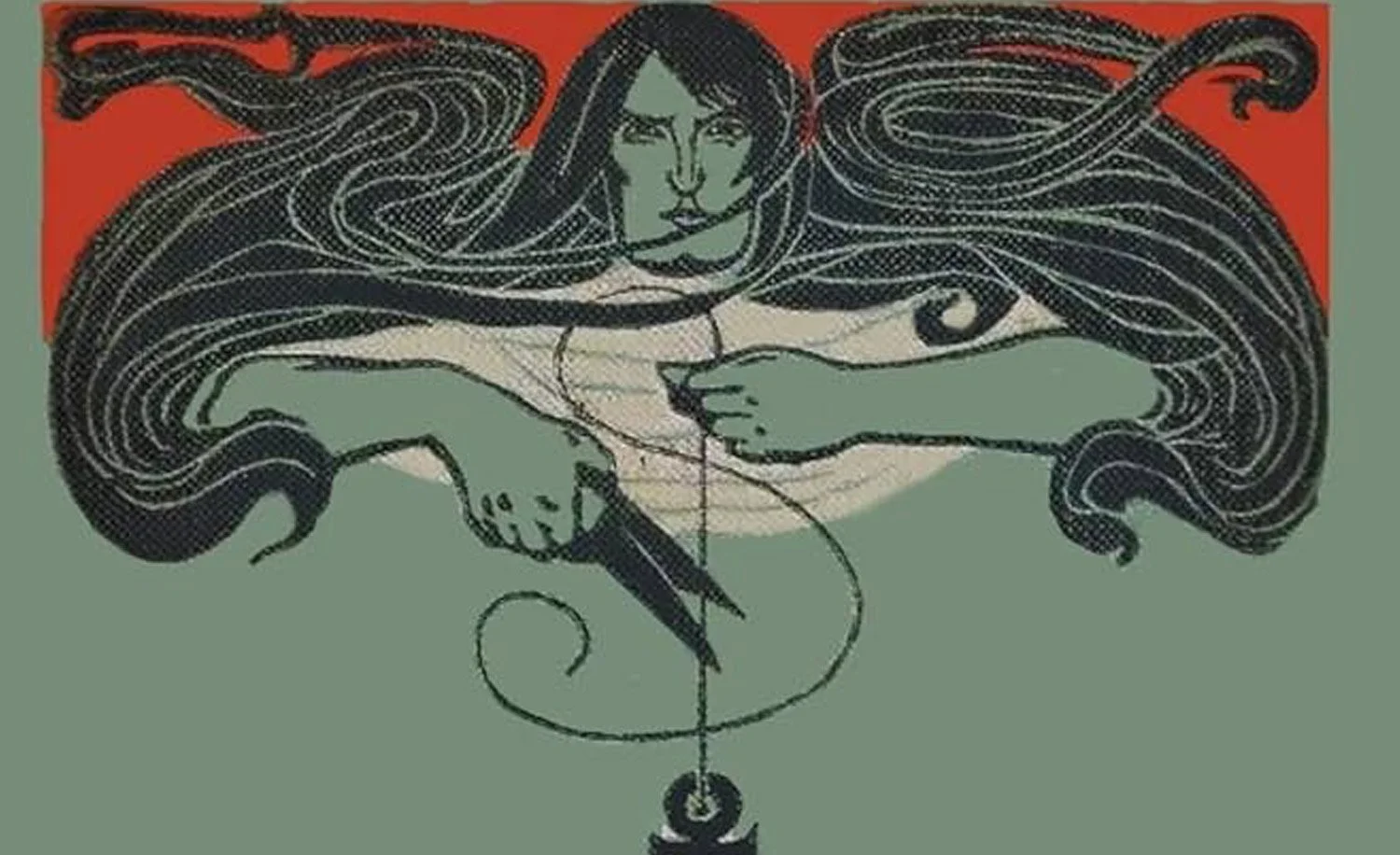Titus & Paul Cantor discuss Frankenstein on its 200th an.--the novel, its history on the stage in the 19th c., & various movie adaptations in the 20th c. We talk about the genius of Mary Shelley & the rarity of a new myth being created by a single person under the historical spotlight! We talk about Enlightenment, Romantic poetry, & how new technologies of communication provoke nostalgic storytelling. Podcast
Read MoreSamuel Beckett’s Trilogy (Molloy, Malone Dies, and The Unnamable) treated as a gnostic creation myth, in which what is created is the book itself, by a mysterious god or gods, who, like the Romantic demiurges, cannot create a decent world for their creatures. Accepting Nietzsche’s idea of the Death of God, Beckett creates a story in which the novelist dies midway, leaving his characters to fend for themselves in the absurd world he leaves behind him. Lecture
Read MorePaul Cantor discusses works of literature that can teach us about liberty. Conversation
Read MoreHuckleberry Finn shows that a nation devoted to fresh starts will also invite false starts and upstarts. Book Review
Read MoreJonathan Swift was one of the most secretive men who ever lived, the Howard Hughes of 18th-century Britain. Given how well-known his name is today, it comes as a surprise to learn that most of his writings were initially published anonymously. Book Review
Read MoreWriting a biography of Charles Dickens is not an enviable task. It is much like trying to paint a portrait of Rembrandt—the Dutchman already did such a good job himself. Book Review
Read More















